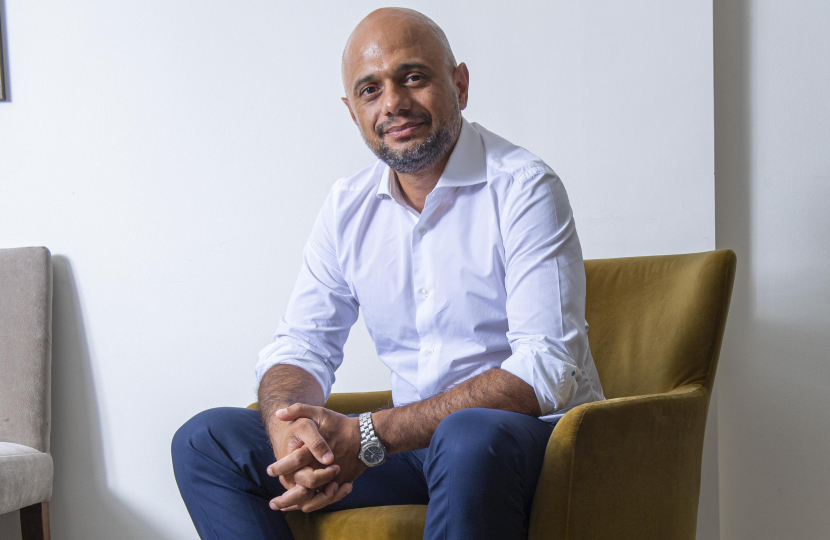
This article was originally published on BBC News website on 10 April 2024: Sajid Javid: NHS let gender ideology replace children’s best interest (thetimes.co.uk)
When I was briefed on the NHS’s Tavistock Gender Identity Development Service (Gids) for the first time, I knew this was not just another policy area but a child protection issue and huge medical scandal in the making.
As Secretary of State for Health and Social Care at the time, I instructed officials to provide all available support to Dr Hilary Cass, the chair of the Independent Review into Gids. I introduced legislation to support her investigation, and months later, backed the recommendations of the interim report.
She has demonstrated exceptional courage throughout and today, her final report is published. Whilst the findings are not surprising, they are no less sickening. Quite simply, ideology replaced the best interests of children, thousands of whom have now been failed in this modern-day scandal.
At every opportunity, and in each department I served in, I tried to advance the cause of child protection. In this case, the source of lessons lies within both the clinical practice, and political culture which enabled it to persist for so long. Unless each is resolved, more children will be harmed.
In any other setting it is hard to imagine a patient meeting a doctor and the patient telling them what their diagnosis is. Yet the approach of self-diagnoses was the medical pathway adopted at Gids. This resulted in clinicians not showing enough interest in other potential factors, including trauma, social influence, sexual abuse or different conditions. Take the example of autism, which we know about 2 per cent of children in the UK are thought to have. At Gids, a review found that about 35 per cent had moderate or severe autistic traits.
Compounding this was the widespread prescription of puberty blockers. Thankfully, that practice in the NHS is changing, but huge loopholes remain in the system. Both private clinics and prescriptions ordered from abroad remain significant problems. In the case of prescriptions, someone could simply order them online to any pharmacy in the country.
The government must close this loophole without delay. But this is only one area and many more exist. Despite the specific data legislation I brought forward at Dr Cass’ request, parts of the NHS continue to block access and frustrate the express will of parliament. The common thread between all of these is an extreme gender ideology, which enables them to persist.
Across political parties, we need to reassess how effective the commitment is to protecting children and keeping this militant gender lobby at bay; otherwise, this review will be wasted.
Only the courage of whistleblowers and activists on this issue was able to provide the beginning of much-needed accountability. Without political support, advocates of the existing system will continue to dominate, as they have in other countries. The same theme of being afraid to tackle “uncomfortable” issues has existed in other areas before, to the detriment of children.
Whether it is race, sex, gender or other identity characteristics, politicians cannot let a culture of silence prevail because of political sensitivities. As the introduction of the hate crime law in Scotland demonstrates, the consequence of compliance now risks people being forcibly silenced.
At the same time, the natural political instinct of some, including some in my party, will need to be tempered. The debate always risks descending into one where far more heat than light is offered, and one where serious policy recommendations fall by the wayside, in favour of stronger words of condemnation.
That is why the NHS process was so important. It had the time and power to consider these issues and recommend meaningful change. In a changing society, where many more of these challenges will arise, only substantive processes and firm decisions will effectively manage these complex matters.
I experienced first-hand that making policy in this area will never be straightforward. But as a father of four, I know how important securing a positive future on these issues is. All of us will have to navigate a changing society. But as this report today makes clear, never again should that come at the expense of our children.

